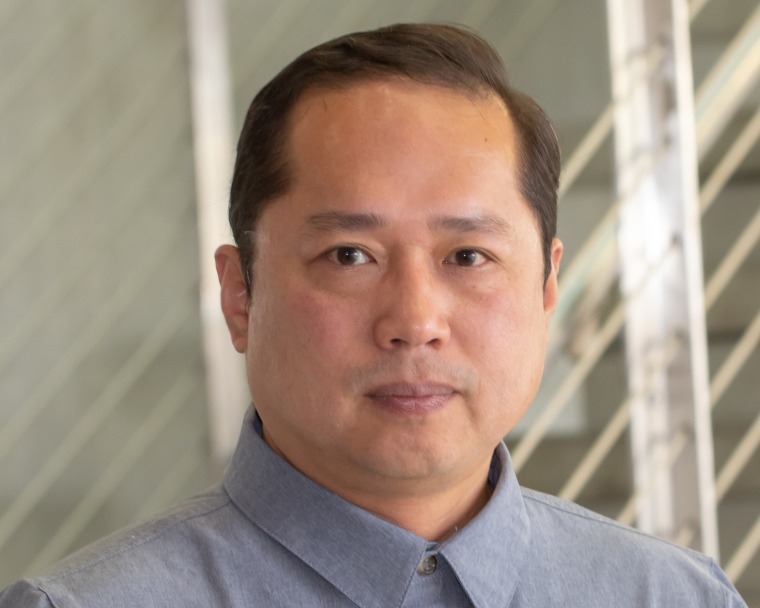Daniel Soh

Meinel 521
Wyant College of Optical Sciences
The University of Arizona
1630 E. University Blvd.
P.O. Box 210094
Tucson, AZ 85721-0094
Employment
- University of Arizona - Wyant College of Optical Sciences, Associate Professor, 2023 - present
- Sandia National Laboratories, California
- Principal Member of Technical Staff, 2013 – 2023
- Senior Member of Technical Staff, 2009 – 2013
- JDS Uniphase
- Senior Scientist, 2009
- Calmar Laser Inc.
- R&D Manager, 2006 – 2009
- Senior Optical Scientist, 2006
- University of California at Berkeley
- Postdoctoral Researcher, 2006
Research Interests
- Scalable quantum computation
- Qubit transductions
- Quantum information processing using squeezed light
- Non-conventional quantum computations (quantum reservoir computing)
- Light matter interaction in topological quantum materials
Research Summary
In our laboratory, we delve into the foundational principles of scalable quantum information processing networks with a focus on open quantum systems. Open quantum systems consist of primary quantum entities that carry quantum information, encased within an environmental bath, which continuously interacts with the primary quantum entities.
Our primary emphasis is on the scalability of quantum information processors. We achieve this scalability through various non-trivial coherent connections of these processors, incorporating series, parallel, and feedback connections.
From a theoretical standpoint, we explore three main topics:
- The influence of Markovian and non-Markovian baths on the performance of quantum information processing.
- Coherent quantum controls designed for quantum information processing.
- Detailed system modeling that integrates the non-idealities of open quantum systems to facilitate scalable quantum systems.
From an experimental perspective, we predominantly utilize the optical parametric amplifier, which generates a squeezed state of light. This helps us comprehend the impact of Markovian and non-Markovian baths on the performance of primary quantum information processing systems. As the light squeezer interacts with other quantum systems in various configurations (series, parallel, and feedback), we can assess the impact of these connected quantum systems. This is achieved through analyzing the squeezing spectrum, which in turn reveals both constructive and destructive quantum interference.
Our ultimate goal is to investigate unconventional methods of quantum computation. These include quantum deep learning machines founded on quantum neural networks and reservoir quantum computation, which leverages complex dynamic quantum systems and their computing capabilities. Through these methods, we aim to achieve high-performance computation with minimal resource utilization.
Awards and Honors
- Royalty, Patent, Copyright, or Classified Innovation Award, Sandia National Labs, 2021, 2023.
- Special Degree Program Sponsorship, Sandia National Laboratories, 2014-2019.
- Outstanding Support Award, Sandia National Laboratories, 2013.
- Sandia Early Career Award, 2012-2014
- SPOT award, Sandia National Laboratories, 2011, 2010.
- Recognition award for technical excellence, JDSU, 2009.
- Overseas Research Student Award, UK government department of education and skills, 2003 – 2005.
- Korea government scholarship, Ministry of IT, South Korea, 2002 – 2005.
- Chevening Scholar, UK government Foreign and Commonwealth Office & British Council, 2002.
Degree(s)
- PhD, Applied Physics, Stanford University, 2019
- PhD, Optoelectronics, University of Southampton (UK), 2005
- MSc, Applied Physics, Stanford University, 2016
- MSc, Control Systems, Seoul National University (South Korea), 2002
- BSc, Electrical Engineering, Seoul National University (South Korea), 1999
